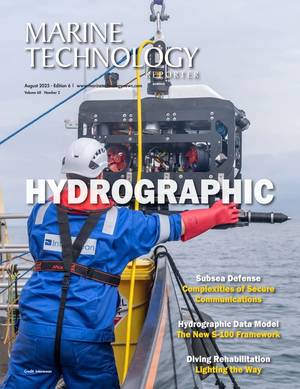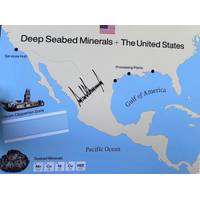
First Deep-Sea Mining Company Asks Trump for International Permit
operations on the ocean floor could cause irreversible biodiversity loss.Any country can allow deep-sea mining in its own territorial waters, roughly up to 200 nautical miles from shore, and companies are already lining up to mine U.S. waters.Vancouver-based The Metals Co asked the U.S. Department of Commerce's National Oceanic and Atmospheric Administration for a commercial recovery permit under the Deep Seabed Hard Mineral Resources Act of 1980 to operate in part of the Pacific Ocean between Hawaii and Mexico known as the Clarion-Clipperton Zone.The application was timed to coincide with
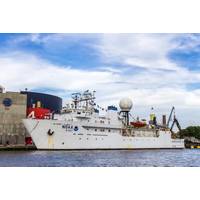
White House Aims to Eliminate NOAA Climate Research
.The Office of Oceanic and Atmospheric Research, known also as NOAA Research, would be closed under the proposal, along with $480 million in funding for regional climate data and information, agency research laboratories, and cooperative institutes, among other programs.NOAA, a division of the Department of Commerce, is a scientific agency that oversees weather and climate forecasts, monitors ocean and atmospheric conditions and manages the nation's commercial fisheries.The Trump administration has fired hundreds of NOAA workers as part of its effort to slash government bureaucracy.“No final
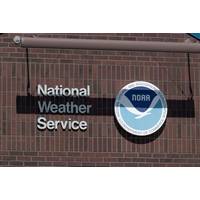
NOAA Fires Previously Reinstated Probationary Workers
Oceanic and Atmospheric Administration (NOAA) has fired previously reinstated probationary workers after an appeals court on April 9 cleared the way for the Trump administration to fire thousands of employees, according to five sources familiar with the situation.The agency, which sits within the Department of Commerce, fired more than 800 employees on February 27, one of many federal agencies to fire probationary workers as President Donald Trump and billionaire ally Elon Musk seek to shrink the federal workforce.The employees were then reinstated on March 17 to administrative leave, during which they
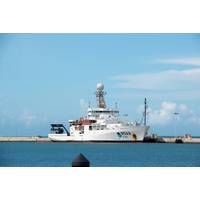
Trump Moves to More Easily Fire NOAA, DOE Employees
clear if reclassifications were under way at other agencies or how many employees at NOAA and DOE would be reclassified.Employees at NOAA's fisheries branch were told on Tuesday afternoon that the agency would soon alert those on a preliminary list for reclassification submitted to the Department of Commerce, which oversees NOAA, according to a copy of the email sent to staff and seen by Reuters.The email from acting assistant administrator Emily Menashes said that the list was subject to change and others could be added, and added there was no further information on the timeline for reclassifying
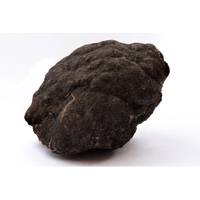
White House Could Bypass UN on Deep-Sea Mining
over acceptable levels of dust, noise and other factors from the practice.Trump's deep-sea mining order is likely to stipulate that the U.S. aims to exercise its rights to extract critical minerals on the ocean's floor and let miners bypass the ISA and seek permitting through the U.S. Department of Commerce's National Oceanic and Atmospheric Administration's mining code, according to the sources.Such a step could give mining companies a formal permitting process to complete and avoid the potential perception that they aim to mine the ocean's floors without any oversight.The plans
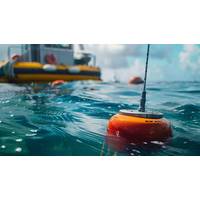
'Blue Economy' Target of Government Funding
The Department of Commerce and NOAA announced today that it is recommending awards totaling $54.3 million to four organizations to support small businesses and entrepreneurs as they bring to market solutions to benefit coastal resilience and a sustainable Blue Economy.“American small businesses and startups are essential for creating and launching new technologies,” said U.S. Secretary of Commerce Gina Raimondo. “This program will connect them to the funding, business support, and training they need to grow and make a meaningful impact on our resiliency.”Click here to
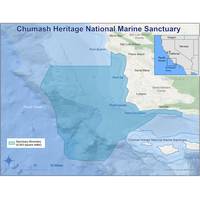
US Creates New Marine Sanctuary Along California Coast
30% of U.S. lands and waters by 2030.The sanctuary excludes areas where transmission cables and other infrastructure to support planned offshore wind facilities could be installed, the National Oceanic and Atmospheric Administration (NOAA) said in a statement. The agency, a division of the Department of Commerce, said it will consider expanding the sanctuary after the cables have been laid.The Chumash Heritage National Marine Sanctuary comprised of 4,543 square miles of coastal waters along 116 miles between San Luis Obispo and Santa Barbara counties. It is the fifth marine sanctuary to be designated
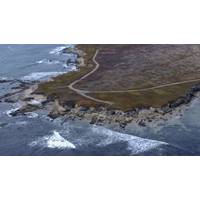
New Sanctuary Designated Along California Coast
more than 200 NOAA-documented shipwrecks.The sanctuary excludes areas where transmission cables and other infrastructure to support planned offshore wind facilities could be installed, the National Oceanic and Atmospheric Administration (NOAA) said in a statement. The agency, a division of the Department of Commerce, said it will consider expanding the sanctuary after the cables have been laid.The Chumash Heritage National Marine Sanctuary comprised of 4,543 square miles of coastal waters along 116 miles between San Luis Obispo and Santa Barbara counties. It is the fifth marine sanctuary to be designated
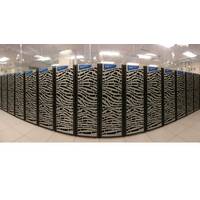
$100 Million Boost for NOAA’s High-Performance Computing: Introducing Rhea
The Department of Commerce and NOAA have announced a major upgrade to NOAA's computing capabilities with a $100 million grant from the Bipartisan Infrastructure Law and Inflation Reduction Act. This funding will be used to acquire Rhea, NOAA’s latest high-performance computer (HPC) system, enhancing research across weather, climate, ocean, and ecosystem prediction.What is Rhea?Rhea represents a significant leap in computing power for NOAA. This cutting-edge system will be installed in a new modular facility at the NOAA Environmental Security Computing Center (NESCC) in Fairmont, West Virginia.

 August 2025
August 2025
